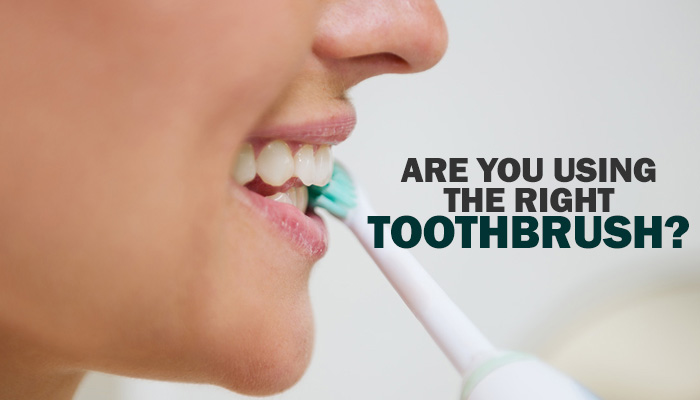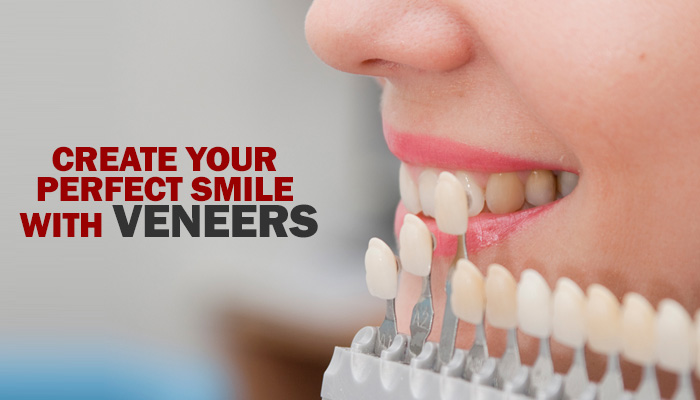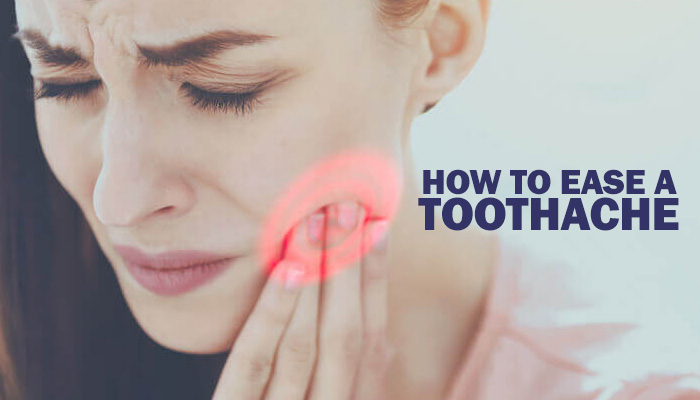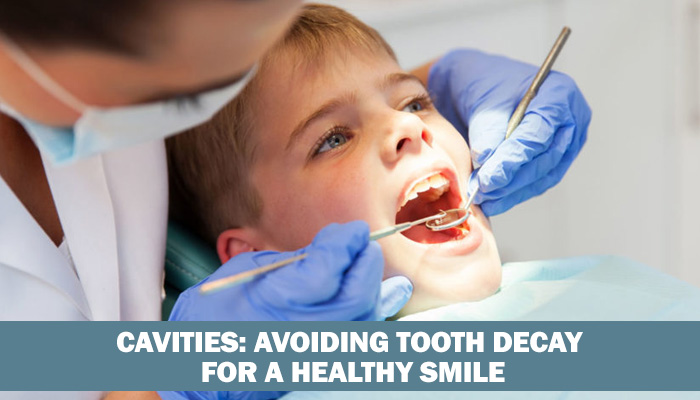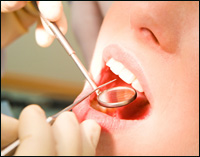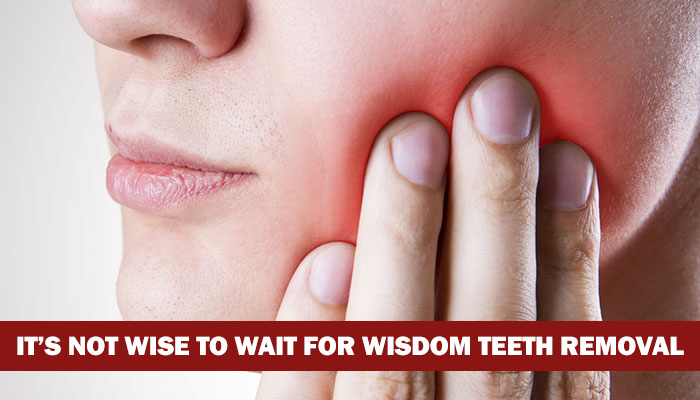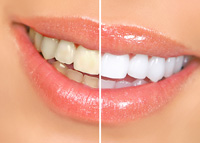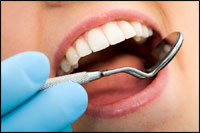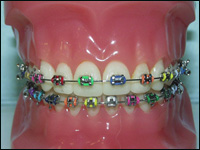Dental technology and treatment techniques have made leaps and bounds in the last few decades, and as a result, more people are keeping more (and in many cases all) of their natural teeth for most of their lives, well into old age. But despite the progress, the American Dental Association (ADA) estimates that close to half of all American adults are missing at least one tooth, with millions more living with complete tooth loss. But the good news is that gum disease – the leading cause of tooth loss in adults – is largely preventable with good oral hygiene habits and regular dental care. The dentists at The Dental Dimensions in San Jose and Cupertino, CA, recommend visiting a dentist at least twice a year for a dental exam and professional cleaning.
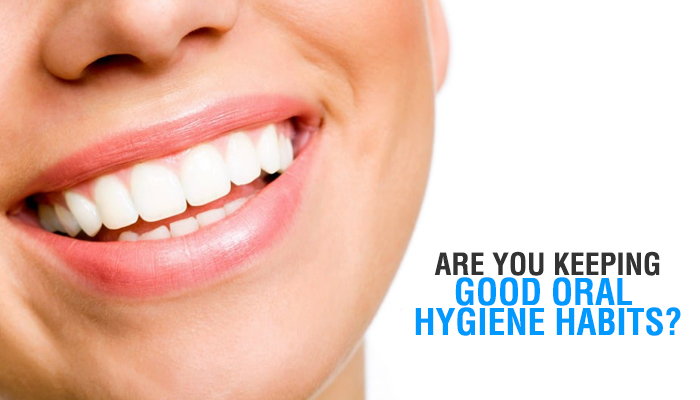
Gum Disease Prevention and Treatment in South San Jose, CA
Tooth decay and gum disease, like many health problems, are largely preventable and treatable when caught in the early stages. The first step in protecting your teeth and gums is to brush and floss every day, avoid smoking, which can increase the risk of developing gum disease and make dental problems harder to treat, and to eat a healthy diet. When combined with yearly dental check ups and cleanings, your oral hygiene routine is the most important factor in keeping your teeth and gums healthy year after year. But the good news is that it is never too late to commit to a solid oral hygiene routine. Even if you have neglected your dental health in the past, picking back up where you left off by scheduling an appointment with a dentist and incorporating flossing into your daily routine will help to get you back on track.
Find a Dentist in South San Jose, CA
Practicing good oral hygiene is the best insurance policy against tooth decay, gum disease, and other oral health problems. For more information and to schedule an appointment for a dental exam and professional cleaning, contact our office by calling 408-225-6815 for our South San Jose office, or 408-252-3212 for our West San Jose/Cupertino location.


